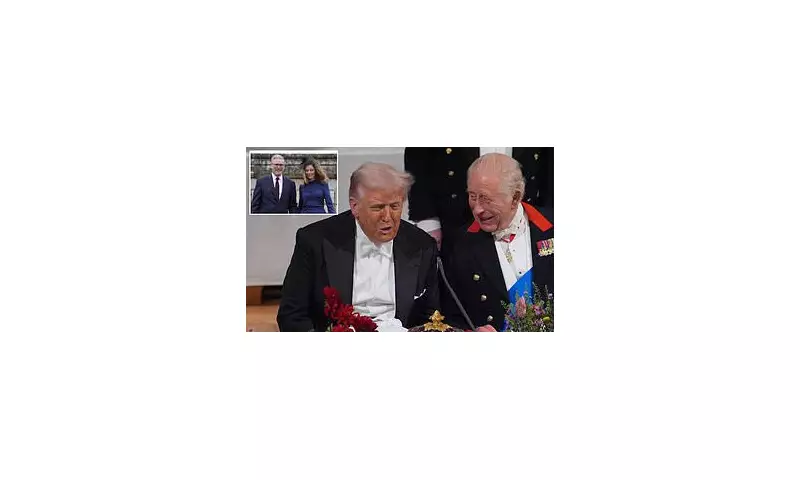
In a significant press conference that covered a vast political landscape, Labour leader Sir Keir Starmer delivered a robust defence of free speech, even when it involves controversial figures. The event, which set the stage for a potential future government, touched on foreign policy, domestic security, and international relations.
Starmer's Unwavering Defence of Free Speech
Sir Keir was unequivocal in his support for the fundamental right to free expression. He articulated a clear principle: the right to offend is a cornerstone of a democratic society. This stance was prominently illustrated when he was questioned about his reaction to the recent criminal conviction of former US President Donald Trump.
Starmer pointedly refused to criticise President Biden's comments on the verdict, framing the US judicial process as a matter for American courts and citizens. He emphasised that leaders must be careful not to undermine independent judiciary systems abroad, highlighting a diplomatic approach to international legal matters.
Addressing the Small Boats Crisis
Shifting to a critical domestic issue, the Labour leader outlined his party's concrete strategy to tackle the small boat crossings in the Channel. He confirmed plans to establish a new Border Security Command, a specialised unit designed to dismantle the criminal smuggling networks profiting from human desperation.
This command would be empowered with stronger authorities to pursue and prosecute organisers of these dangerous journeys. Starmer positioned this as a vital national security priority, aiming to stop the crossings that have challenged the UK's borders.
A Principled Stance on Palestine
On the international stage, Starmer reaffirmed the UK's longstanding policy concerning Palestinian statehood. He stated that official recognition should not be a unilateral political gesture but must come as part of a sustained and meaningful peace process.
This position aligns with a broader two-state solution framework, aiming for a durable peace rather than symbolic moves that might not lead to tangible improvements on the ground.
Mandelson and the Boundaries of Political Discourse
The press conference also saw Starmer address comments made by Labour grandee Peter Mandelson. Mandelson had reportedly suggested that some Conservative voters should be made to feel uncomfortable about their political choices.
While defending Mandelson's right to express his views under the banner of free speech, Starmer was quick to distance himself and the modern Labour Party from such rhetoric. He stressed that his leadership is focused on persuading and uniting the country, not on alienating or shaming segments of the electorate.
This comprehensive briefing painted a picture of a prospective Prime Minister preparing for office, balancing principle with pragmatism on some of the most pressing issues facing Britain today.





